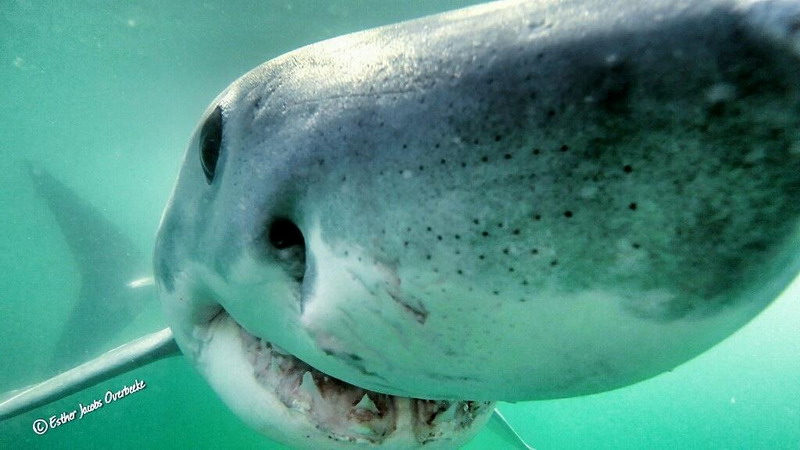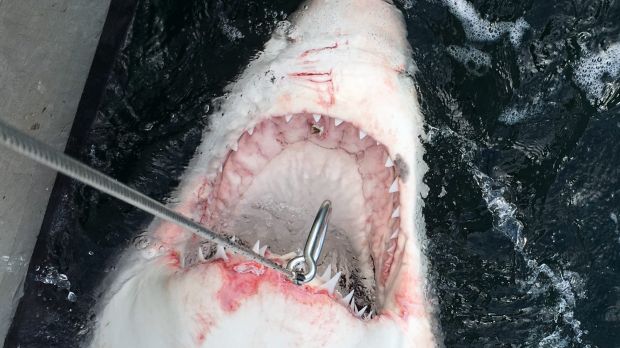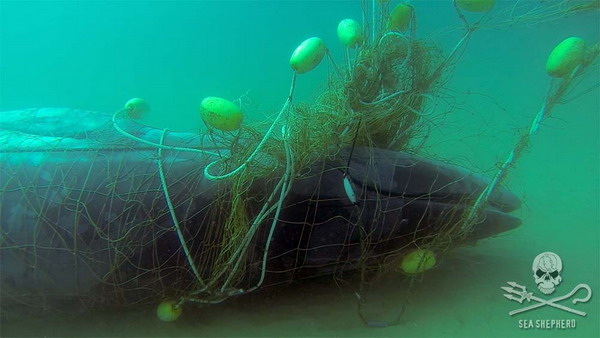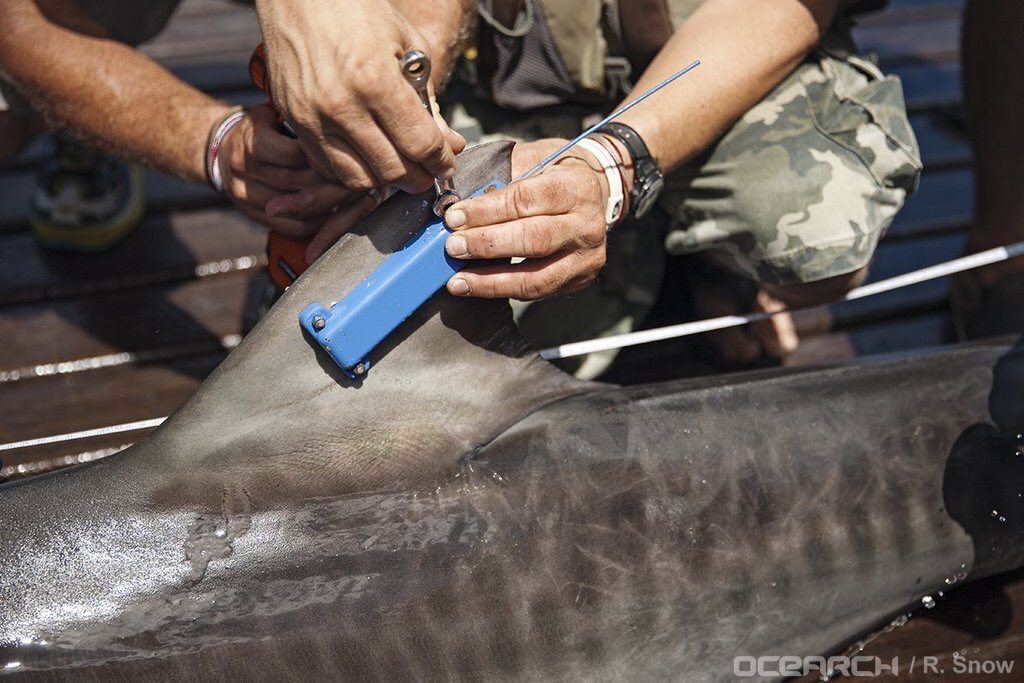A shark deterrent cable is making waves after stopping several white sharks in South Africa.
The South African Sharks Board placed a $1 million dollar cable off the coast of South Africa and baited sharks in for four-weeks.
A total of 52 great whites approached the cable and according to researchers all sharks were repelled once the cable was turned on.

Sharks have special sensing organs called ampullae of Lorenzini located on their snouts. These jelly-filled pores help sharks detect electrical fields (electroreception) in the water which helps the shark locate prey and may help with navigation.
The cable uses electrical fields that disrupt the shark’s electroreception, which can in turn cause muscle spasms and general discomfort in the shark. This discomfort causes the shark to turn back and away from the field. The technology is currently used in products such as the Shark Shield, which is sold commercially and aimed at surfers, divers and other water sport enthusiasts.
Since the device only emits electrical currents, it will not harm sharks, or other sea creatures that swim near it. The device could replace shark drum lines that indiscriminately catch sharks, dolphins and sea turtles.
The Sharks Board is in the process of contacting the Australia government in hopes the device will be used to protect Australia beaches.
Sharks Board project manager Paul von Blerk told The West Australian “We’ve seen it work every time, and we’d like to bring it to Perth beaches within a few years.”
Mr. von Blerk helped create the Shark Shield nearly 25 years ago and hopes the new device will prevent negative shark encounters. As for the cost, much of it depends on the location and length of the cable. He said “We’ll now work on producing a commercial version for governments, and hopefully bring down the cost to as little as $200,000.”


